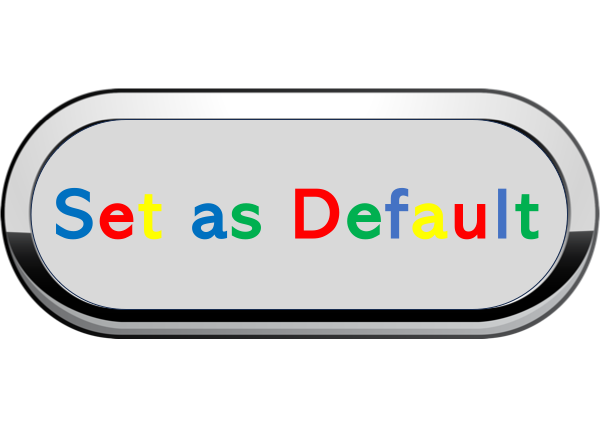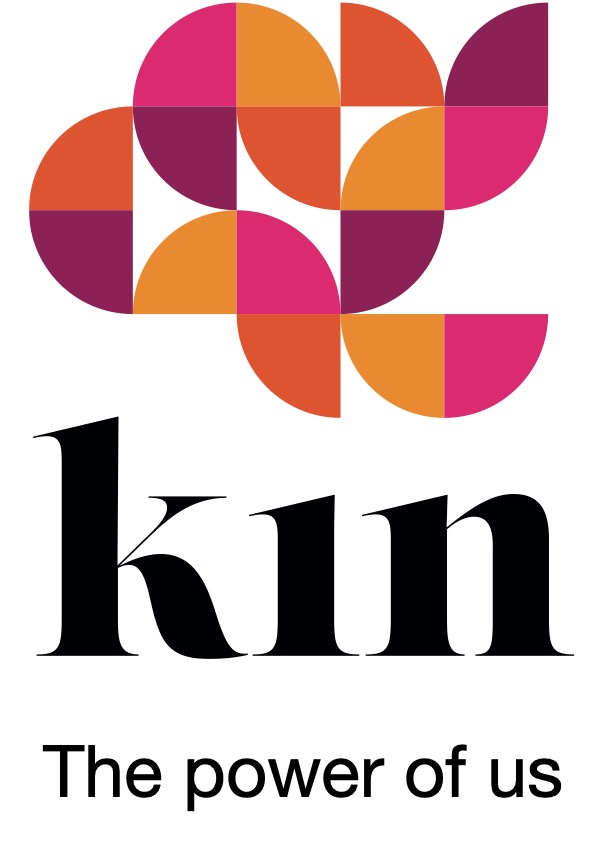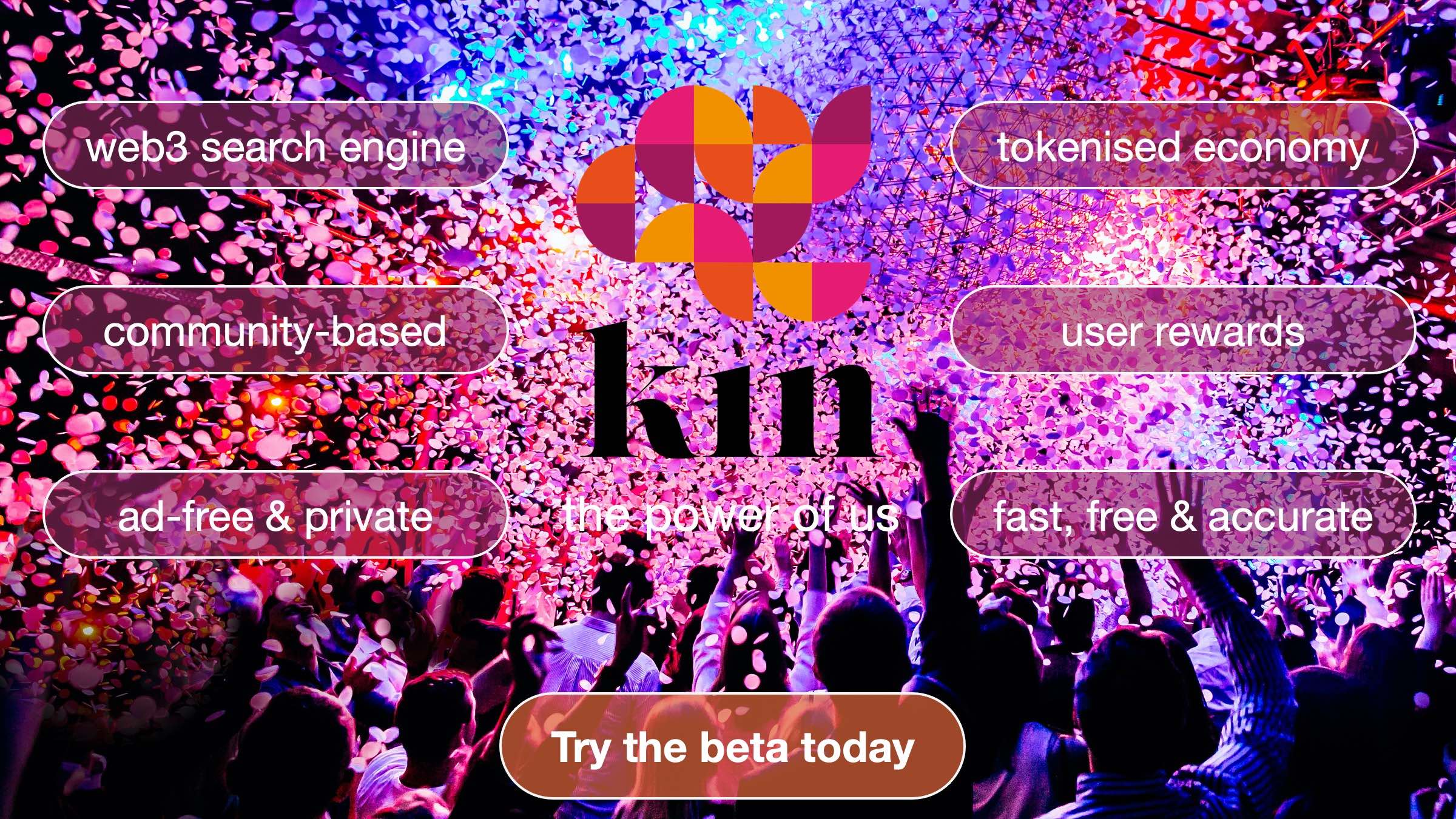
Is your default search engine Google or Kin? Setting the default search engine on your browser determines who your search provider is. If you want to change to an alternative search engine, you need to adjust this default setting. So, are you just accepting the initial default set by your browser (typically this is Google) or are you deciding this for yourself (or would you like to if you knew how)?
Google’s solution to the default search problem
Google pays $26.3 billion per year to make sure they are automatically selected as the default search engine on popular browsers. Read more here
Kin’s solution to the default search problem
We have published a guide to make it as easy as possible for our users to set their search preference to Kin. Here is the guide.
Can Google sustain their monopoly ‘by default’?
It will be no great surprise to learn that more people use Google as their default search engine than use Kin. According to Google, the reason people ‘choose’ to use their search engine is because it is so much better than the competition, and if it was not people would change their default search engine since this is “easy”.
Now, if both claims are true, there will be nothing for Google to worry about in the current anti-trust case against them in the US courts. However, the reality is that Google ought to be very worried and their monopoly could well be shattered by the outcome of this case.
Is it easy to change your default?
Let’s address the second Google claim first. It is easy to change your default search engine, right? At Kin we know that some users struggle with this. Yes, it is relatively simple to change the default search on many browsers if you know what you are doing, but in reality most users don’t know how! There are many differences between browsers and platforms, and in some cases you have no option to select the search engine you want. This is why we publish our guide to the settings – we have figured it out so you don’t need to stick with Google, but the reality is that there is friction for users changing settings on all of their devices and we thank everyone that changed their settings to Kin. In conclusion, without our guide it can be tricky for users to change their default settings, and of course Google like it that way.
Do users choose Google because it is better?
There is a general perception that ‘Google is best’, but is it? When I first began to use Google in 1998 it seemed better than Alta Vista (which I used prior to that). However, by 2019 I was so annoyed by the poor results and commercial biases in search results that I established Better Internet Search Ltd (the company that runs the Kin search engine). Recent direct comparison with Google shows how our results compare, but we leave it up our users to decide which they think are better. We do encourage you to try the comparison and urge you not to let brand perceptions cloud your thinking.
Will alternatives like Kin erode the Google monopoly?
We are not alone in believing that the cracks are already present in Google’s armour; the universal love for their ‘don’t be evil’ brand may be a thing of the past. Now, if as expected, they lose the current anti-trust case they will likely be forced to abandon unfair practices (such as paying tens of billions of dollars to be the automatic default search engine), the ruling should level the playing field and allow users to have a real choice. So the search engine market will probably fragment with many search options easily available, and so the Google market share will gradually be eroded.
There is a good analogy with the historic Microsoft anti-trust case. Microsoft once dominated the browser market and Explorer had 96% market share. Following their anti-trust case ruling they were forced to abandon unfair practices and ensure users had a proper choice. Today, we have a choice of browsers and Microsoft’s Edge only commands 4% of this market. So, let’s imaging what Google might look like 10 years after the market has been opened. While there is no place for ‘the next Google’ there are huge opportunities for better and alternative search engines such as Kin.
Google – the power of monopoly
Google is powered by its current monopoly, and search users are their product to be sold to advertisers.
Kin – the power of us
Kin is powered by its community of users, and these users are the real customers.
We are delighted to announce that we have agreed a partnership with Scotcoin. Scotcoin is Scotland’s only cryptocurrency and holders of ‘SCOT’ coins can now use them to purchase our KIN-MPC tokens. In addition, new sign-ups to both platforms (the Kin search engine and Scotcoin’s Scotscan.io) will soon be able to receive a bonus of […]
The company behind Kin (Better Internet Search Ltd) was established in 2019, but the ideas behind the AI algorithms being developed for Kin predate this. Founder, Dr Gordon Povey, filed a patent in 2017 with a concept including the use of two machine learning training loops to improve the relevance and ranking of search results. […]






